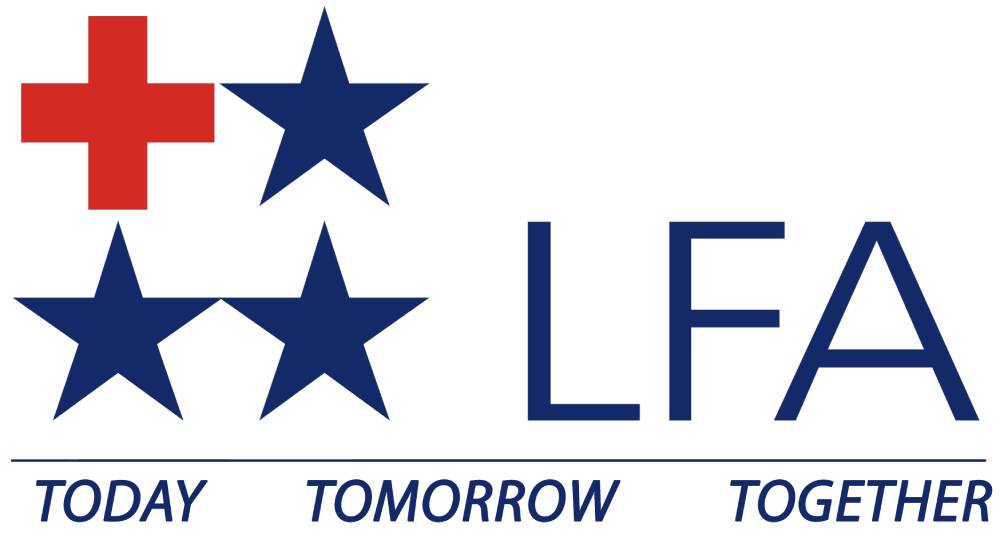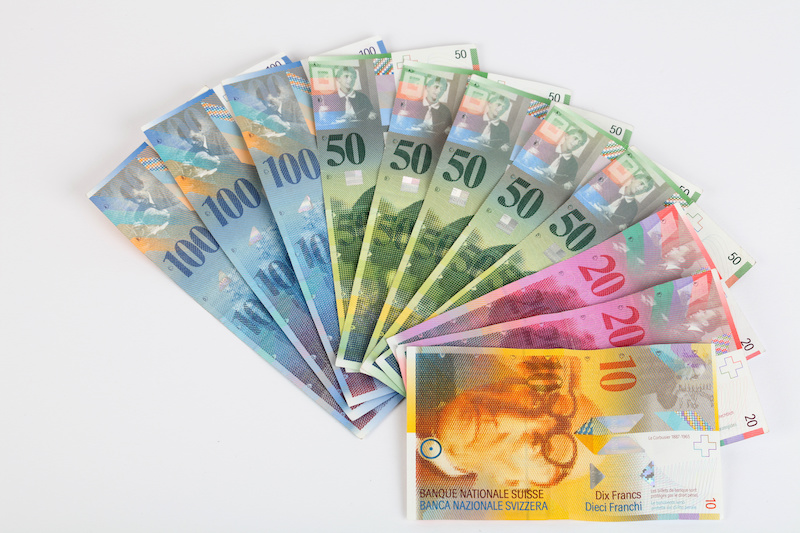Switzerland has long been celebrated for its currency’s stability, and the Swiss franc is widely regarded around the world as a go-to option for anyone looking to get serious about their global investment strategy.

Although other currencies like the United States dollar and Japanese yen have also been renowned as safe havens by investors across the globe, the CHF continues to maintain that status after a tumultuous year such as 2022, whereas other currencies have become less popular with global investors.
The yen lost popularity in 2022 after it continued to decrease so much that the Japanese Finance Ministry intervened twice when the currency reached consecutive lows of ¥145 and ¥152 in September and October, respectively. As U.S. rising inflation and interest rates have seen global traders sell the dollar in a similar fashion as the yen, the Swiss franc has remained resolute. How is this possible?
Read our complimentary Wealth Management in Periods of Exceptional Volatility eBook to learn how Swiss asset management can help to diversify your portfolio.
WHY INVESTORS AROUND THE GLOBE TRUST SWISS FRANCS
Unlike the U.S. dollar, which tends to fluctuate, the CHF has a long history of stability, serving as a safe reserve currency against the somewhat volatile dollar and offering investors diversity in their global investment portfolios. This is largely due to Switzerland’s consistently low inflation, steady years of economic surpluses, and stable political and financial markets.
The Swiss franc has also maintained its purchasing power and has trended higher than the U.S. dollar since the early 2000s. The CHF peaked in 2021 at roughly 0.88 Swiss francs; it has depreciated over the past year, although it has maintained parity for the most part.

Switzerland also has a low corporate tax rate, and its open economic policy has resulted in a substantial number of multinational corporations establishing their headquarters in the country, which has thus resulted in them being listed on the Swiss stock exchange. All of this resulted in positive effects on Switzerland’s economy and its currency’s stability, making it an attractive asset class for investors to put money in to diversify their portfolios while simultaneously providing a hedge against inflation.
A BRIEF HISTORY OF SWISS BANKS AND FINANCIAL INSTITUTIONS
The past can serve as a predictor of the future. To fully understand why Swiss francs are regarded as one of the best currencies in the world to invest in, and why financial advisors in Switzerland have long been heralded for their financial savvy, it’s important to understand the history of Swiss banks and their other financial institutions.
Switzerland has a long history as a financial center, dating back centuries. In the 16th century, many Europeans fled to Switzerland from religious persecution. Many of these refugees were skilled craftsmen and tradesmen who developed manufacturing industries, which subsequently led to a high demand for their goods and services. This brought in an influx of capital, and as Switzerland remained neutral in many of the religious wars, they were also much more friendly to banking activities on religious grounds than their Catholic contemporaries elsewhere in Europe.
 Switzerland continued to remain neutral in the face of both European and global conflicts, adding to its reputation as a stable country, particularly its banking institutions. Switzerland’s mountainous terrain also had several profound effects as well:
Switzerland continued to remain neutral in the face of both European and global conflicts, adding to its reputation as a stable country, particularly its banking institutions. Switzerland’s mountainous terrain also had several profound effects as well:
- It provided natural protection from its neighbors
- The natural terrain provided excellent material to protect and store gold
- Being landlocked and having few natural resources, the Swiss naturally turned towards manufacturing and financial services to drive economic growth
A GREAT OPTION FOR HOW TO PROTECT WEALTH FROM INFLATION
The Swiss franc has long been considered an excellent hedge against inflation, even throughout the pandemic and the tumultuous 2022 year that the stock market had. In fact, Deutsche Bank called Swiss francs “better than gold” in 2022, reinforcing what many global investors have known for decades.
The Swiss franc has a consistent history as a stable currency, and investors have purchased the currency in times of instability due to volatile economic or political factors. The stability of the CHF is largely in part due to measures taken by the Swiss Central Bank to control its value, as well as Switzerland’s political and financial stability and open economic environment.
SWISS FRANC PERFORMANCE
The Swiss franc has gained 40% against the euro since its inception in 1999 and more than 30% against the U.S. dollar over the same period of time. The franc has appreciated as investors around the globe continue to flock to it as a safe haven; the franc has grown more robust in response to slowing European economies, the Ukraine conflict, and rising energy prices.
If you’re looking for a way to diversify your investment portfolio and reduce risk, Swiss-based investing may be a good option for you. A Swiss-based financial advisor, like LFA, can provide you with global wealth management services to better diversify your portfolio.


